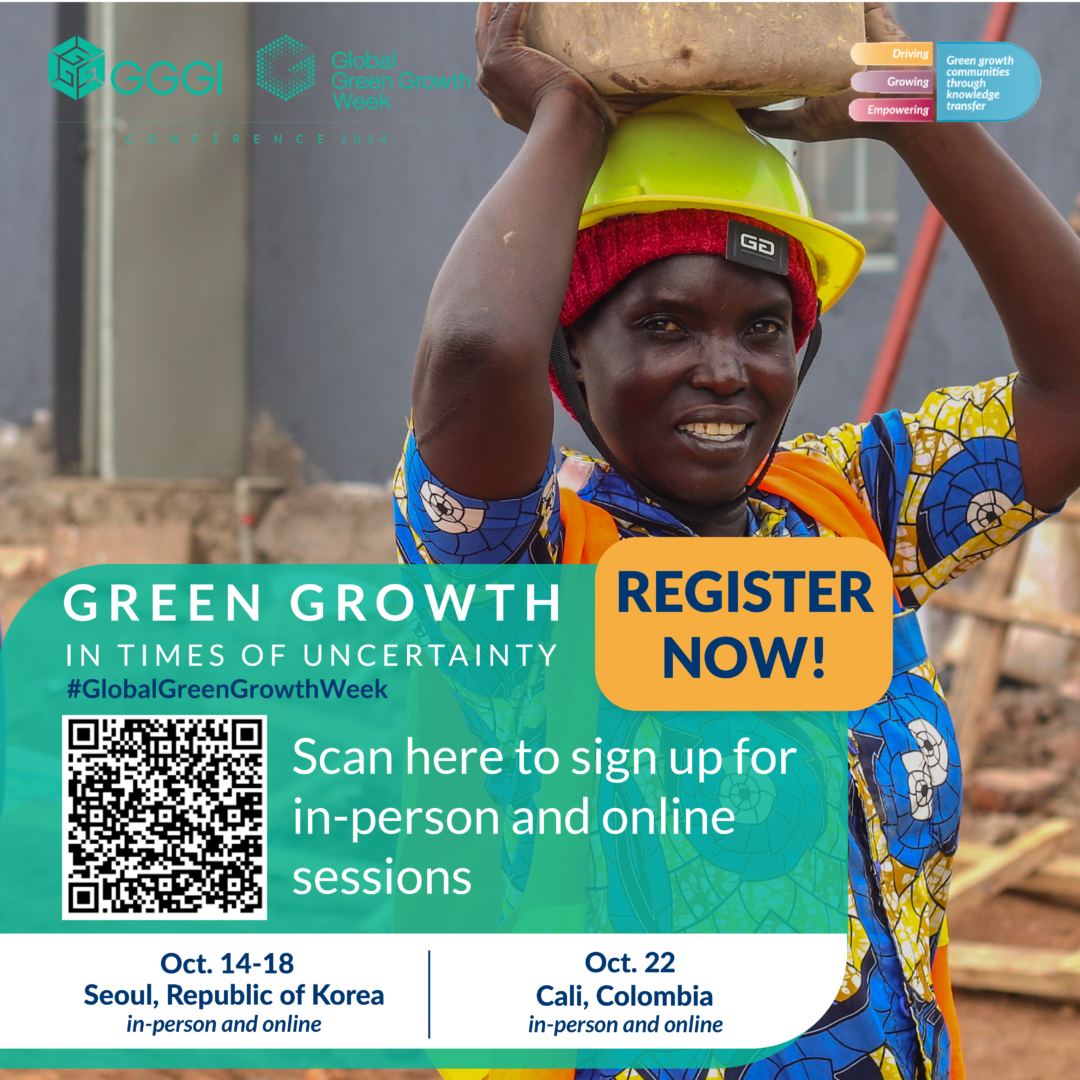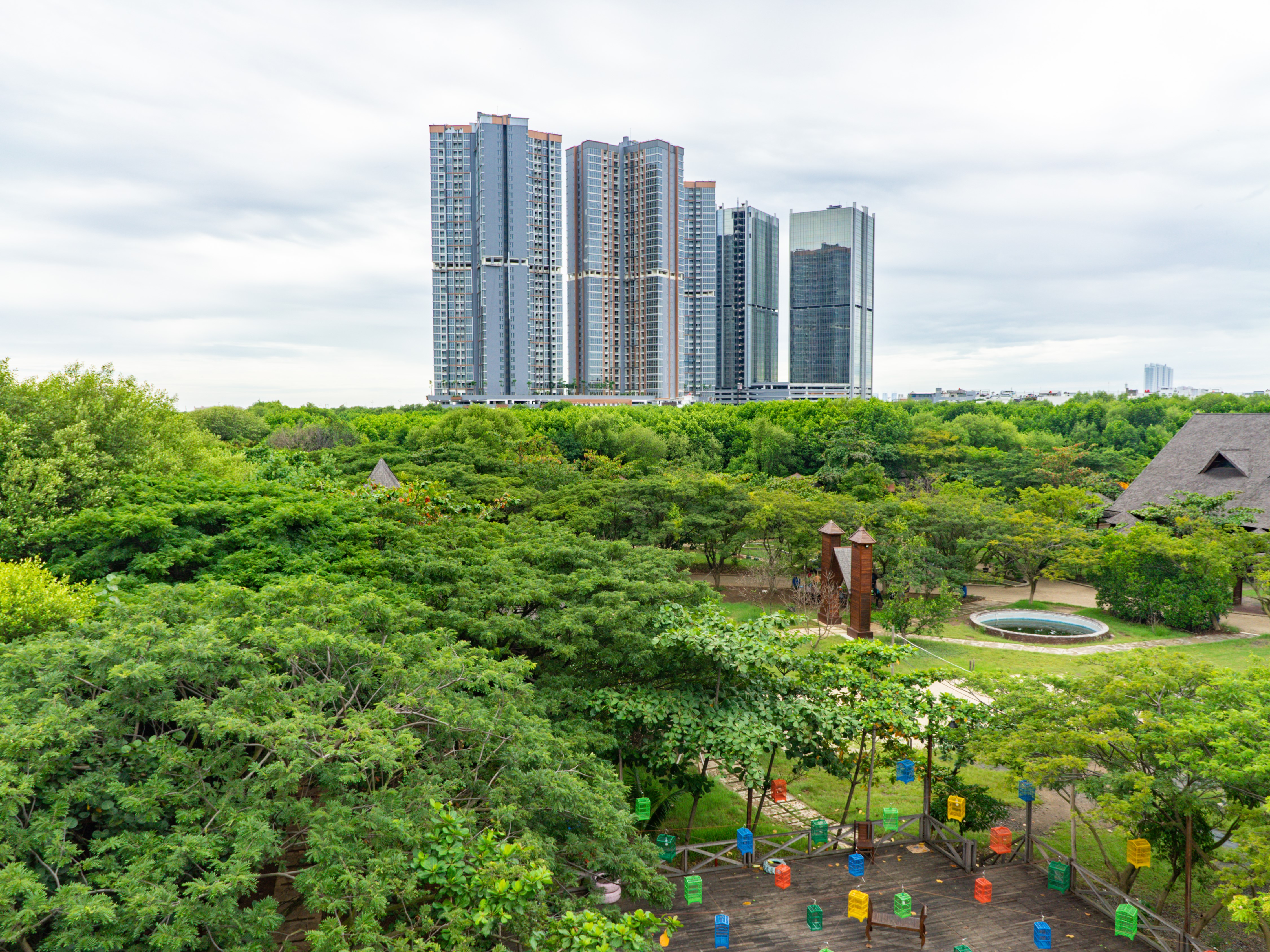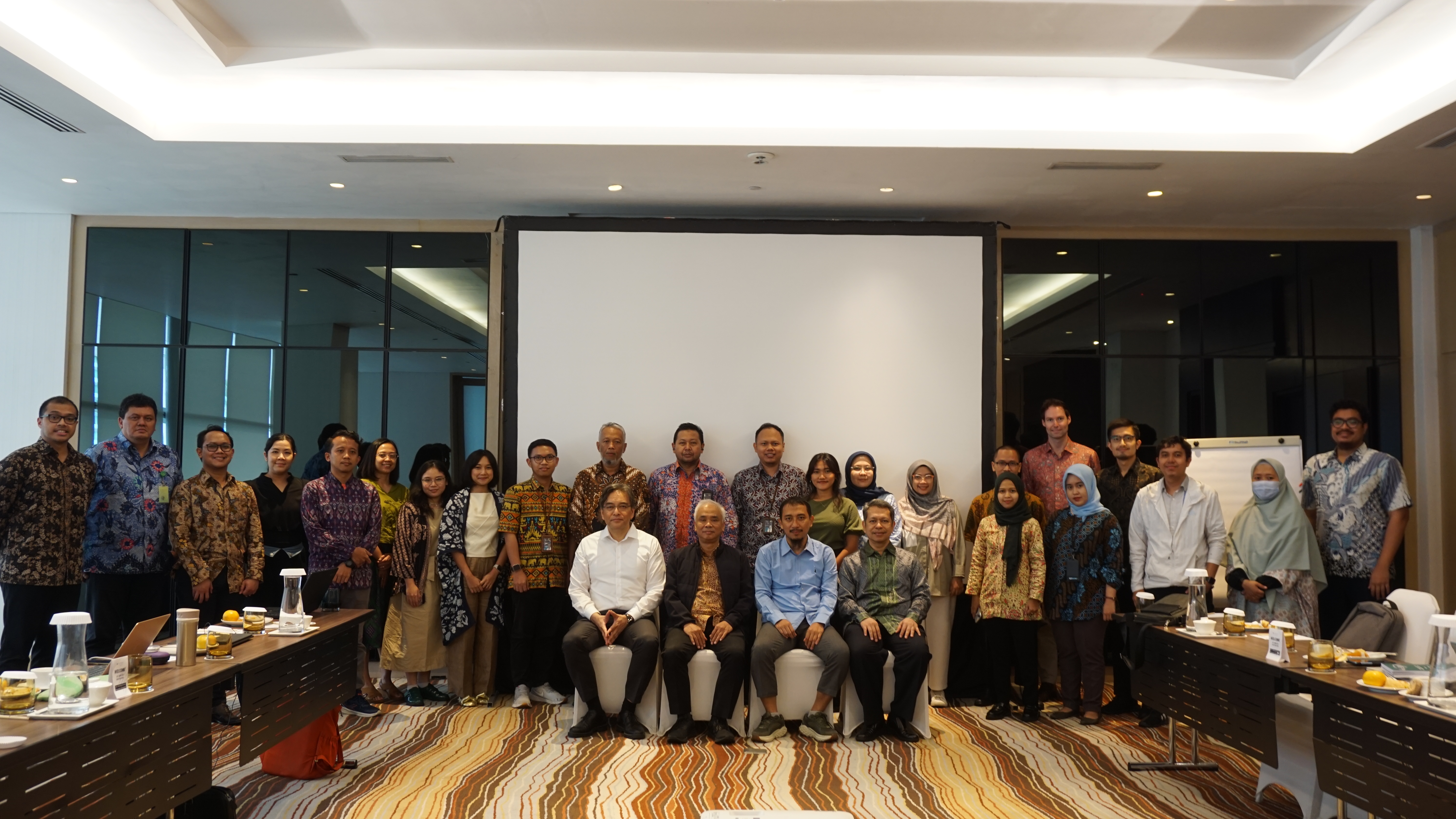Increasing the Capacity of the Central Kalimantan SEA Validation Team through Technical Guidance
The Environmental Office (DLH) of Central Kalimantan (Kalteng) Province, supported by GGGI, has held Technical Guidance (Bimtek) for the Strategic Environmental Assessment (SEA) Validation Team of Central Kalimantan Province on March 8-10,2022.
Participants who attended the event came from various Regional Apparatus Organizations (OPD) within the Central Kalimantan Province, including DLH, Marine Affairs and Fisheries Office, Bappeda Litbang, and the Palangka Raya University. The Bimtek was held online via Zoom and offline in Palangka Raya.
The Technical Guidance for the SEA Validation Team presented several resource persons from the Ministry of Environment and Forestry (MoEF), namely Ir. Emma Rachmawati, M.Sc., Director of Climate Change Mitigation, Directorate General of Climate Change and Director of Environmental Impact Prevention Regional and Sector Policies represented by the Head of Sub-Directorate of SEA, Hendaryanto, ST, M.Sc.; Directorate General of Forestry Planning and Environmental Management; SEA Center; University of Indonesia, Bandung Institute of Technology; Gajah Mada University; and DLH West Java Province. Bimtek was done interactively by applying various adult learning methods such as discussions, questions and answers, group exercises, practices, and lectures.
On the last day, participants practiced how to assess and validate the SEA document of the Regional Medium-Term Development Plan (RPJMD) and SEA of Spatial Detailed Plan (RDTR) using a validation assessment template consisting of several assessment components using criteria, weighting, and scoring so that the results of the SEA document validation assessment can be rated as poor, good enough, good, or very good.
The pre-test and post-test results showed that participants’ knowledge of SEA validation increased. The pre-test scores and post-test scores gap was relatively high. Some participants even got the highest post-test score by answering all correctly. Likewise, in the final evaluation, 70% of participants stated that they strongly agreed that this training was beneficial in increasing their knowledge and skills in SEA validation and being applicable and supporting their careers. It encourages the participants to be more confident in validating the SEA as proved by a critical and sharp analysis during the validation assessment practice session.
Thus, the learning objectives that became the target of this Bimtek have been achieved, namely that participants can understand the process, mechanism, procedure, and substance of the assessment, to further review and validate the SEA document, development document, and spatial planning that several districts have prepared. In the end, with the competence and skills of the Validation Team of Central Kalimantan Province in evaluating the validity of the SEA document, the quality of the mandatory SEA planning document, based on the sustainable development principles and the achievement of emission reduction targets can be well maintained.




